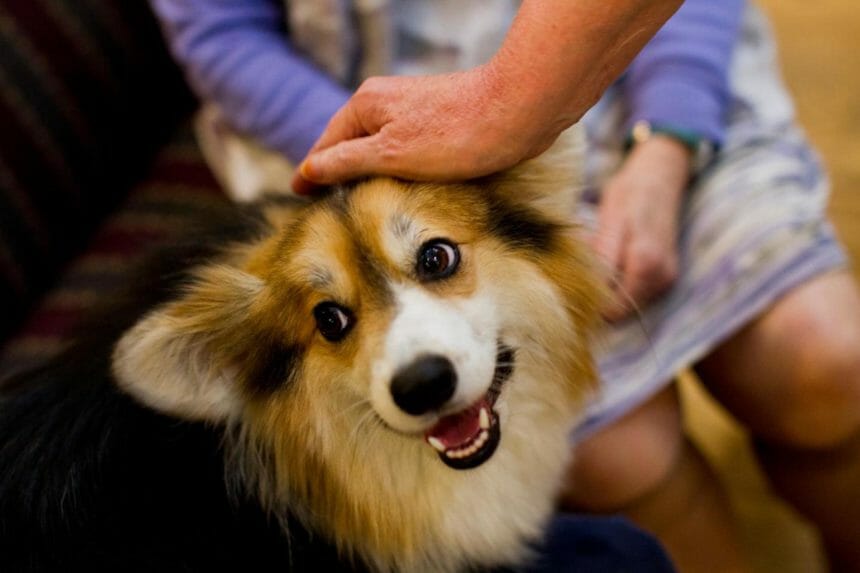
Pets can help older adults cope with mental and physical health challenges, but they also can lead to challenges of their own, according to newly released results of a national poll.
In all, 55% of adults aged 50 to 80 participating in the National Poll on Healthy Aging said they had a pet, and more than half of those people said they had multiple pets.
The pet owners identified several benefits:
- 79% said their animals reduce their stress.
- 73% said pets give them a sense of purpose.
- 64% of all pet owners, and 78% of dog owners, said their pet helps them be physically active.
- More than 70% of older adults who reported that their health was fair or poor said their pets help them cope with physical or emotional symptoms, and 46% of them said their pets help take their minds off of pain.
“In recognition of these health benefits, more assisted living facilities today are allowing residents to have pets,” said Alison Bryant, Ph.D., senior vice president of research for AARP, which sponsored the University of Michigan Institute for Healthcare Policy and Innovation poll with Michigan Medicine, U-M’s academic medical center.
Pet ownership has the potential for negative effects, however, poll director Preeti Malani, M.D. said.
“The risk of falls is real for many, and 6% of those in our poll said they had fallen or injured themselves due to a pet,” she said. The loss of a pet “can deal a very real psychological blow,” Malani added.
Poll-takers identified other negatives, too:
- 54% of the pet owners said that pet ownership can make it difficult to travel or enjoy activities outside of the home.
- One-sixth of them said they had put a pet’s needs ahead of their own health needs — and the number increased to almost one in four for those with health issues.
- 18% also said having a pet or pets puts a strain on their budget.
“Helping older adults find low-cost ways to support pet ownership while not sacrificing other important relationships and priorities is an investment in overall mental and physical health,” said Cathleen Connell, Ph.D., a professor at the U-M School of Public Health.
Volunteering at an animal shelter or pet-sitting for friends and family members may be options for older adults who don’t have pets but want to spend time around animals, the researchers said.
Poll results are based on responses from a nationally representative sample of 2,051 adults aged 50 to 80 who answered a wide range of questions online; laptop computers and internet access were provided to participants who did not already have them.
Watch a video about the research:



